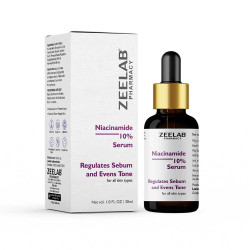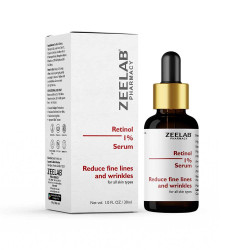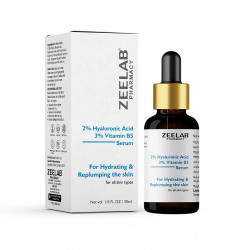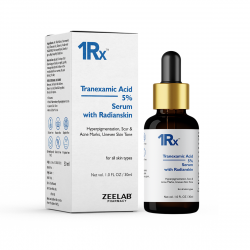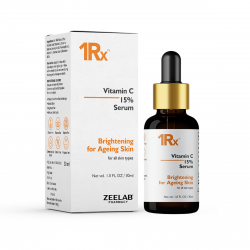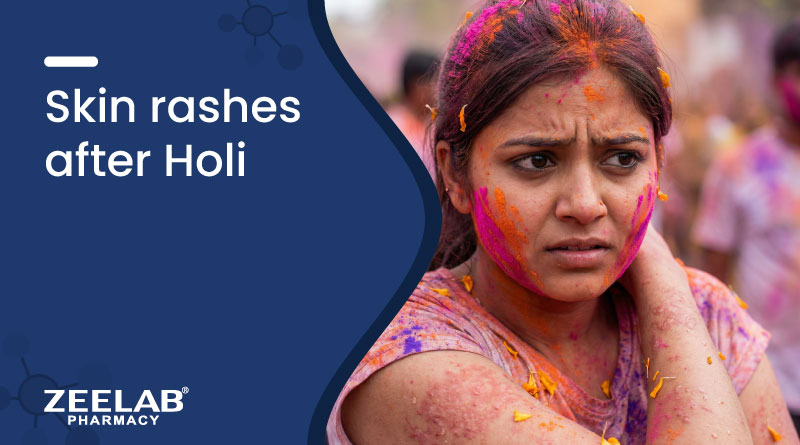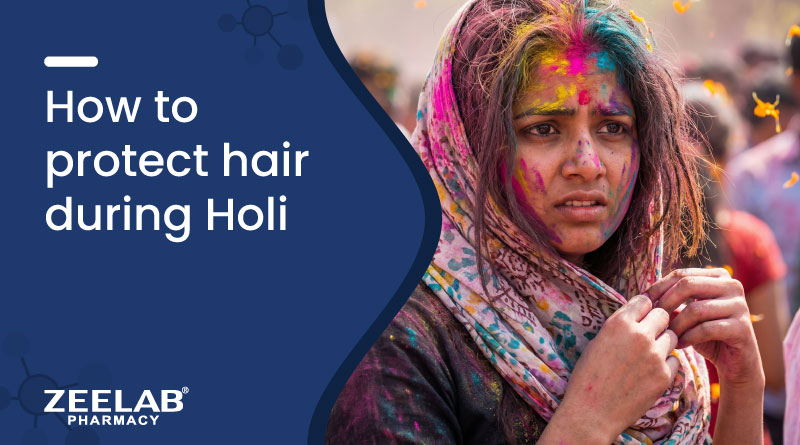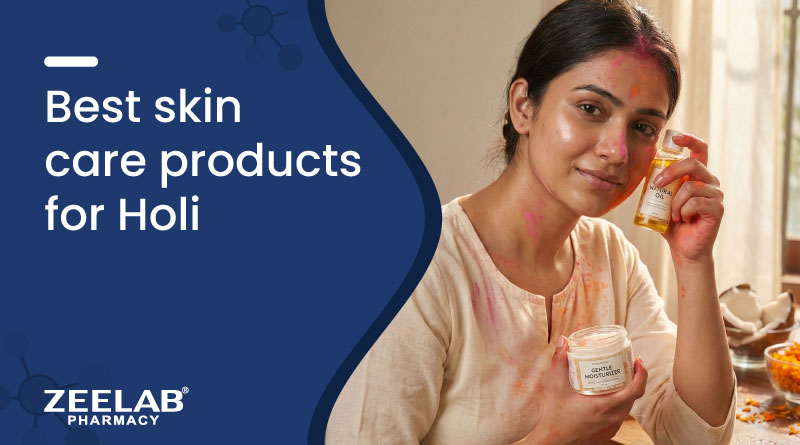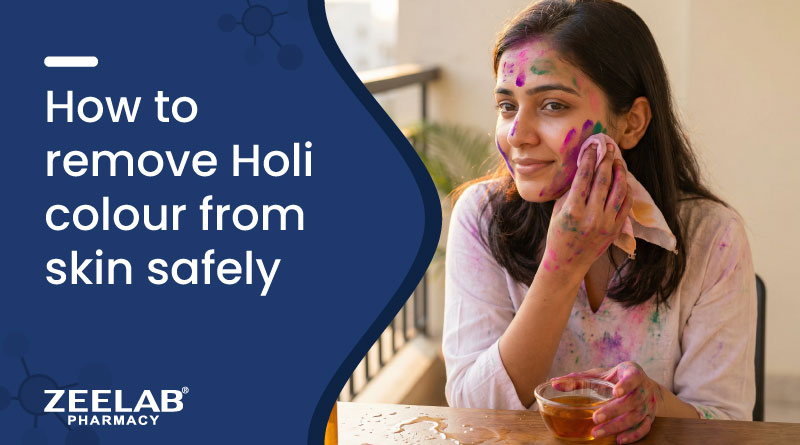Does Sugar Cause Acne? Effects of Sugar on Skin Health
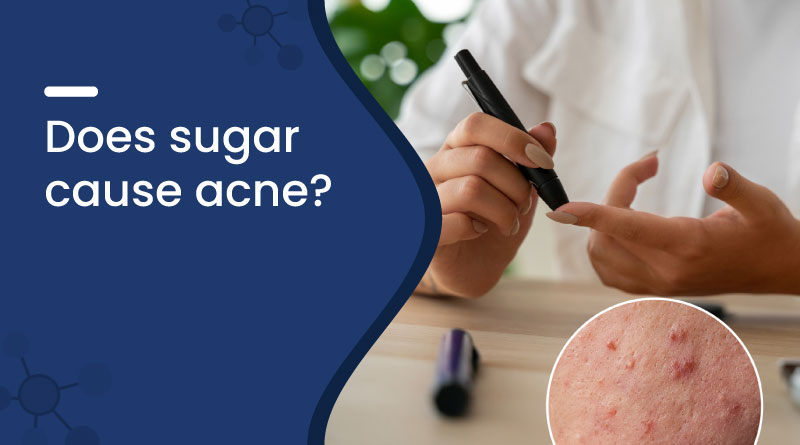

Acne can be frustrating, and many people try to figure out what triggers their breakouts. One common suspect is sugar, found in everything from desserts to soft drinks. But can sugar really make acne worse, or is it just a myth? Understanding how sugar affects your skin can help you make better choices for a clearer complexion. In this blog, we’ll explore how sugar interacts with the skin, hormones, and overall acne development.
Understanding Acne and Its Impact
Acne occurs when hair follicles get clogged with oil, dead skin, and bacteria. It often appears as blackheads, whiteheads, or inflamed pimples. Severe breakouts may cause discomfort and leave lasting scars. Beyond physical appearance, acne can also affect emotional well-being and confidence, making effective management essential.
The Link Between Sugar and Skin Health
Sugar-rich foods and beverages can raise blood sugar levels quickly. This spike often leads to inflammation in the body, which may worsen acne symptoms. A high-sugar diet can also impair collagen and skin healing, making existing acne marks last longer. For those struggling with breakouts, monitoring sugar intake could make a difference.
How Sugar Affects Hormones and Oil Production
Consuming too much sugar increases insulin levels, which can trigger hormonal changes. High insulin boosts the production of androgens (male hormones present in both men and women). These hormones stimulate the sebaceous (oil) glands, leading to excess oil on the skin. Pore blockage from excess oil encourages acne-causing bacteria to thrive.
Does Sugar Really Trigger Breakouts?
Research shows that people consuming a high-glycemic diet (foods that rapidly raise blood sugar) tend to experience more frequent acne flare-ups. While sugar alone may not directly “cause” acne, it can certainly aggravate existing skin issues. Reducing sugar intake, along with a balanced diet, can help in controlling breakouts and improving skin health.
Foods High in Sugar That May Worsen Acne
To keep acne under control, you should avoid sugary foods such as desserts, soft drinks, and processed snacks that spike blood sugar levels.
- Sugary sodas and soft drinks
- Packaged fruit juices
- Pastries, cakes, and cookies
- Candies and chocolates
- White bread and refined carbs
Cutting down on these foods and replacing them with whole grains, fresh fruits, and vegetables can support clearer skin.
| High-Sugar Items | Better Swaps |
|---|---|
| Sodas and soft drinks | Water, infused water, unsweetened tea |
| Packaged fruit juices | Whole fruits |
| Pastries, cakes, cookies | Nuts, yogurt (unsweetened), homemade snacks |
| Candies and chocolates | Dark chocolate (lower sugar), fruit |
| White bread and refined carbs | Whole grains (brown rice, oats, whole-wheat bread) |
Other Lifestyle Factors That Influence Acne
Apart from diet, other factors play a crucial role in acne:
- Stress: Triggers hormonal imbalance and flare-ups.
- Poor sleep: Affects skin healing and repair.
- Excessive skincare products: Harsh or oily products may worsen acne.
- Lack of hydration: Dehydrated skin compensates by creating excess oil.
Along with a balanced diet, maintaining healthy lifestyle habits can help reduce acne frequency and severity.
Importance of Topical Treatments and Serums in Acne Care
While dietary adjustments support skin health, topical treatments remain a key part of acne management. Ingredients such as benzoyl peroxide, salicylic acid, and retinoids help unclog pores, reduce bacteria, and regulate skin turnover. In addition, acne-fighting serums enriched with niacinamide, hyaluronic acid, or tea tree extract can calm inflammation, control excess oil, and promote faster healing. When combined with a balanced diet and lifestyle, these treatments provide better long-term results.
Conclusion
Sugar may not directly cause acne, but it can worsen breakouts by increasing inflammation, oil production, and hormonal fluctuations. Reducing sugary foods and adopting a balanced lifestyle, along with effective topical treatments and serums, can significantly improve skin health. Managing sugar intake is an important step toward achieving clearer, healthier skin.
Frequently Asked Questions (FAQs)
Q. Does cutting sugar help in reducing acne?
A. Yes. Reducing sugar helps lower inflammation, balance hormones, and minimize oil production. Combined with a nutrient-rich diet and proper skincare, it can improve acne management and overall skin clarity.
Q. Do dairy products cause acne?
A. Yes, for some people. Dairy, especially milk, may raise insulin and hormone levels, stimulating oil glands and contributing to clogged pores, which can increase the risk of breakouts.
Q. Can chocolate cause acne breakouts?
A. Not all chocolate causes acne, but versions loaded with sugar or dairy can. Choosing dark chocolate with lower sugar content may help reduce breakouts.
Q. How does sugar affect acne-prone skin?
A. Sugar spikes insulin levels, increasing oil production and inflammation. This creates an ideal environment for clogged pores and bacterial growth, leading to frequent breakouts and worsening acne symptoms.
Q. How can I naturally prevent acne breakouts?
A. Maintaining a balanced diet, reducing sugar, staying hydrated, managing stress, and following a gentle skincare routine with non-comedogenic products can help prevent frequent acne breakouts effectively.
Q. Does drinking water help prevent acne?
A. Yes. Staying hydrated helps keep the skin supple, supports toxin removal, and balances oil production. Adequate water intake helps maintain clearer skin and reduces the chances of recurring acne flare-ups.
Niacinamide 10% Serum
30ml In 1 Bottle
2% Hyaluronic Acid + 3% Vitamin B5 Serum
30ml In 1 Bottle
Tranexamic Acid 5%
30ml In 1 Bottle
Recent Blogs
Disclaimer : Zeelab Pharmacy provides health information for knowledge only. Do not self-medicate. Always consult a qualified doctor before starting, stopping, or changing any medicine or treatment.
Related Products
Need Medicines Quick?
Share location to check quick delivery serviceability.
Change Location
Location Access Needed
Your location appears to be blocked or disabled.
Please enable the location from your browser or
device settings.

₹ 0
0
Items added
Quick Links
Categories
Our Policies
2026 Copyright By © Zeelab Pharmacy Private Limited. All Rights Reserved
Our Payment Partners

 Added!
Added!
|
|

